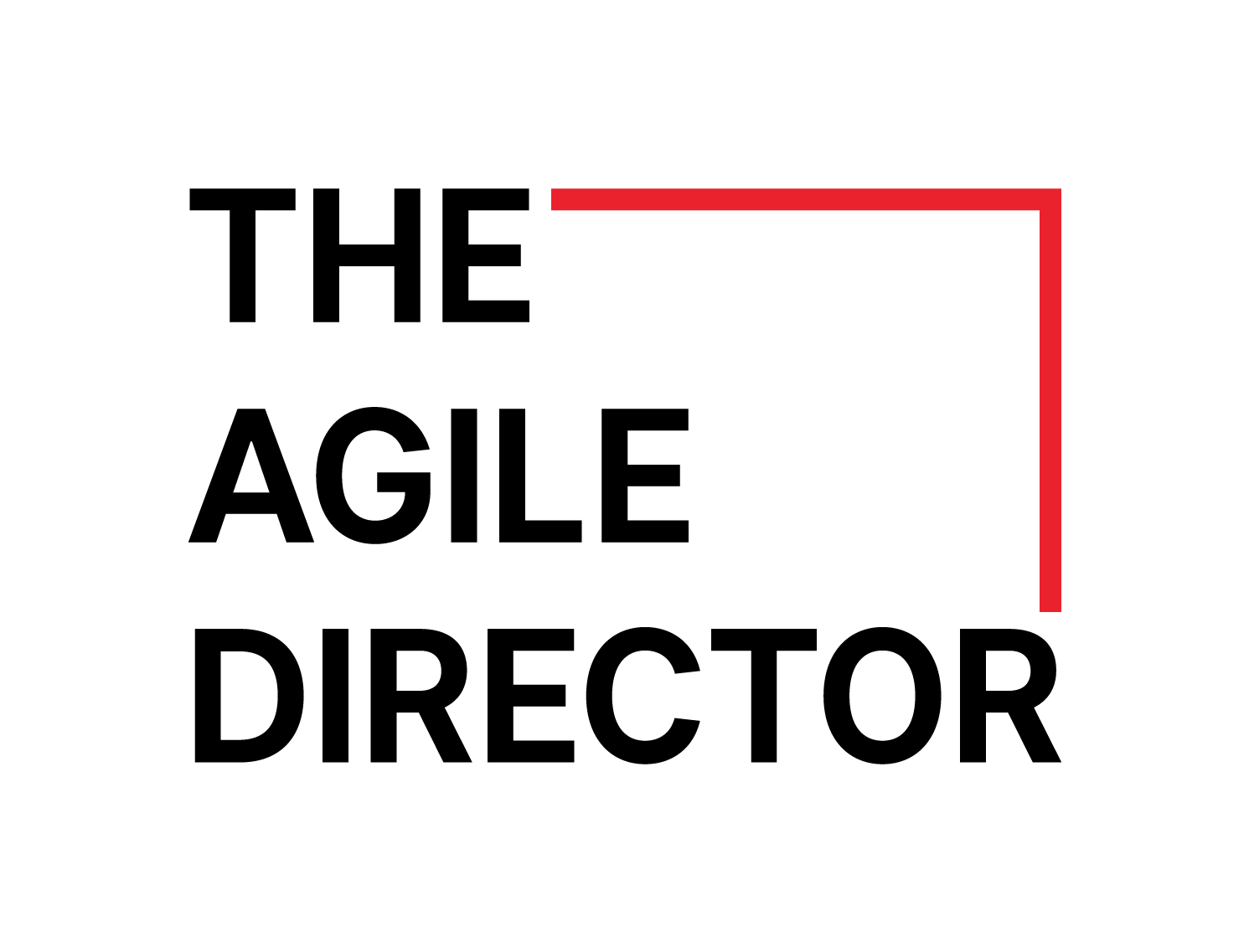
As trust societies rise and we trade privacy for advantage, how confident can we be that our data isn’t being misused?
Trading data – the risks of the ‘trust society’
Data collection and use is growing – everywhere from online shopping to refugee camps – and it’s changing the business landscape. While we are trusting that our data won’t be misused, there has been little oversight and few if any consequences for those who breach consumer trust. Recent reform in Australia however is set to provide consumers with a right of action for breaches of privacy.
Privacy consultant and GGI affiliate Annelies Moens from Privcore is a globally sought-after privacy consultant. Talk to her and not only do you feel her passion for what she does, but you start to feel very nervous about the speed at which data is moving, and how the move towards ‘trust societies’ is seeing many throw open their doors to unknown dangers without first looking through the peephole.
While many companies and governments are now paying attention to cyber-security, Annelies says that privacy is so much broader and there is much catchup to be done.
“Data collection is faster and easier than ever before. The increasing number of data breaches is polluting the eco-system.” she said. “The more data which has leaked or been inappropriately or over-collected, the more trust is impacted.”
Annelies says that data collection and use is changing the landscape dramatically – not just from a competitive business perspective, but also from a democratic and human rights perspective.
“Even in refugee camps, the UN is using biometrics with retina scans to authenticate the person and control the issuing of food and other supplies,” she said. “The social credit numbering system in China also tracks the online and offline behaviour of every citizen. It’s creating a ‘surveilled’ society, which is more common in poorer and controlled demographics where residents provide data for advantages. But they’re trusting that this data will be not be misused which raises huge ethical considerations.”
But it’s not just poorer or controlled populations trading their privacy for reward.
“Surveillance is everywhere because surveillance capitalism has become the dominant way to make a profit. If we think about security cameras in public places, these can be presented as a way to keep us ‘safe’ but they’re tracking our movements and behaviours. That’s problematic from a democratic and human rights perspective.”
“If we take a look online, the situation is far more alarming. Every purchase, every click, every hover, every move, every ‘like’ is being recorded, stored and used to build a profile about you that can be sold on and used to influence your future behaviour.”
Aside from the data collection that we don’t actively sign up to, there are plenty we willingly embrace according to Annelies. Wearable technologies such as activity trackers that monitor our heartrate, location and physical movements are being used by some employers, insurance companies and other third parties, with discounts and other incentives on offer for those who conform with pre-determined ‘desirable’ behaviours.
The underlying theme in the many examples Annelies cites is that with the swing to ‘trust societies’ there is an urgent and growing need for governments and law makers to ensure that individuals and societies are protected.
“People need to be given a right of action individually and collectively – they need to be able to go to court, not just through the OAIC as is currently the case. While we are trusting that our data won’t be misused, there is little oversight and few if any consequences for those who breach consumer trust.” Recently, however, the ACCC has taken companies to court over the collection and use of consumer data through misleading and deceptive design and communications. The Australian government has also recently agreed with the vast majority of the ACCC’s recommendations in the Digital Platforms Inquiry, including a direct right of action to enable individuals to bring actions and class actions in court to seek compensation for alleged breaches of the Privacy Act.
Click here to read recent articles by Annelies Moens.
For further information visit ggi.community or privcore.com
About Annelies Moens, Managing Director, Privcore
Annelies’ vision is to make privacy core business – a discipline as integral to business and government as finance, with the chief privacy officer role as important as the chief financial officer role. With nearly 20 years’ experience, Annelies is a widely recognised global privacy expert and thought leader, trusted by business executives, government and privacy professionals.
Read more about Annelies here.


